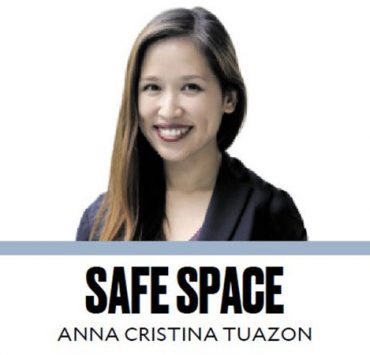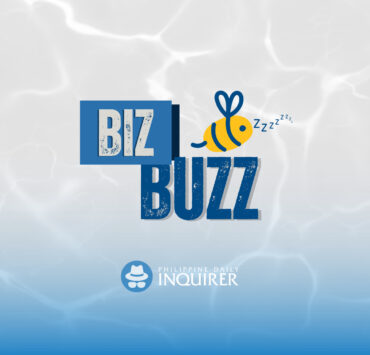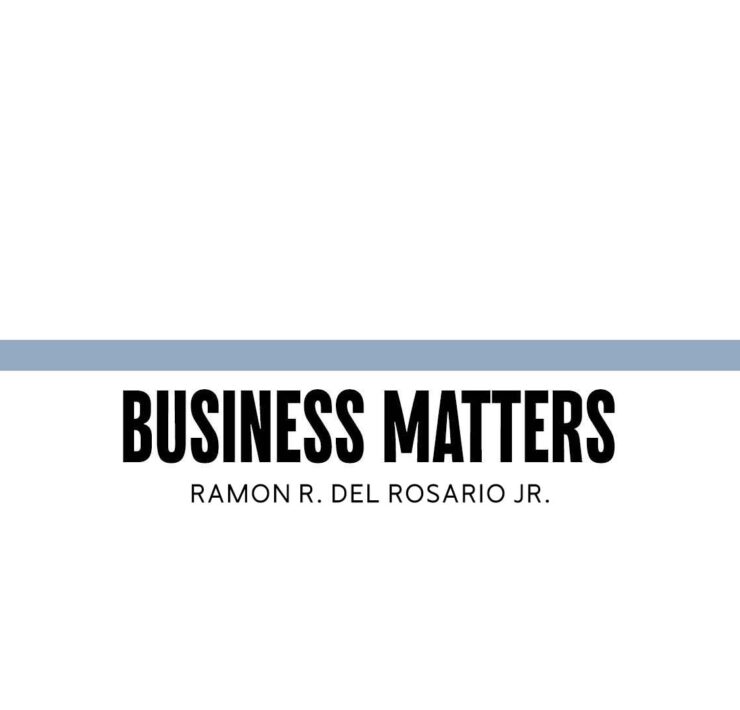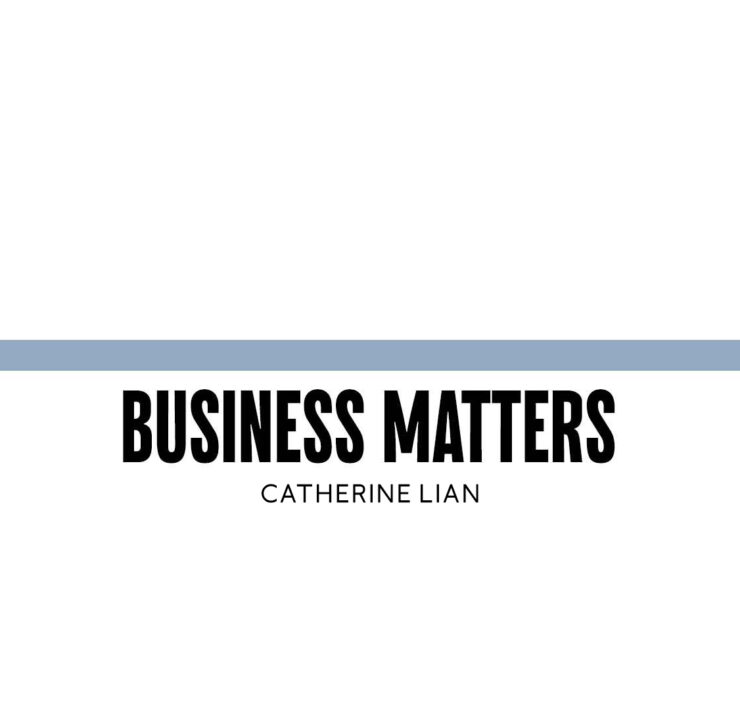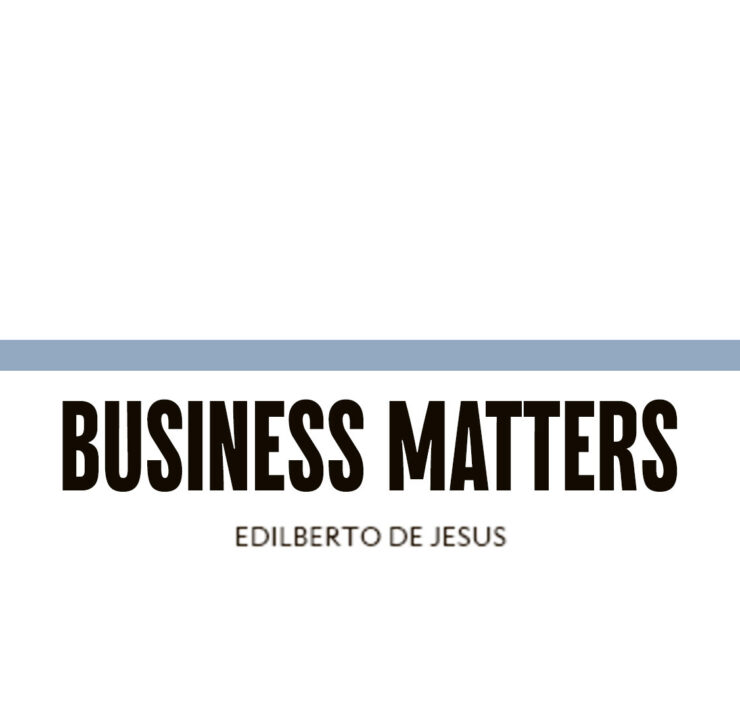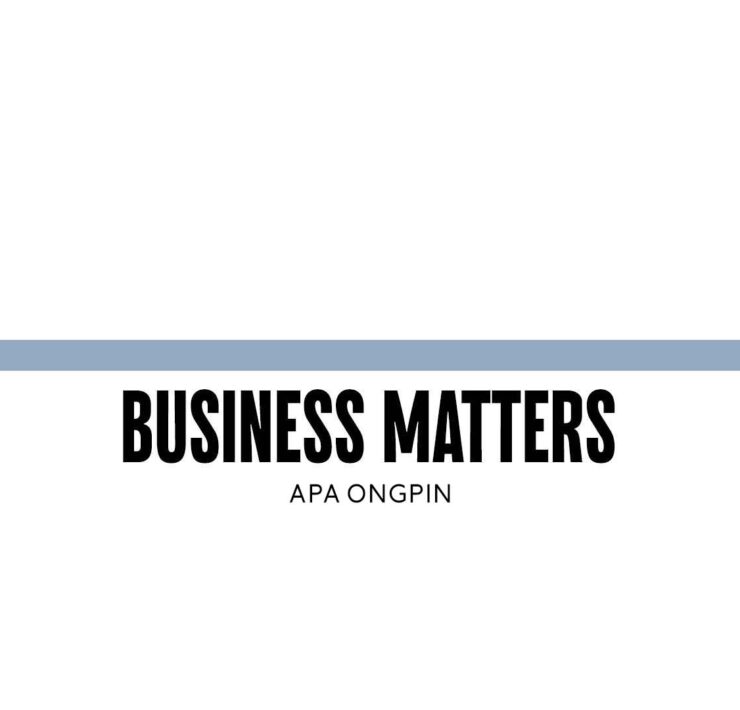Business schools for ‘humachines’ and changemakers
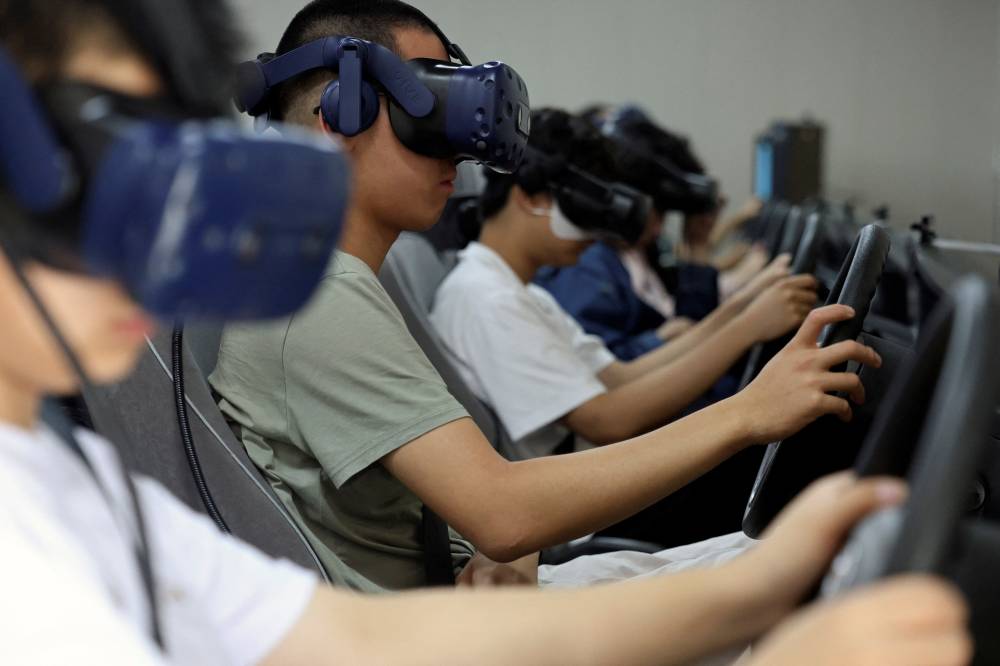
International conferences on management education are abuzz with two dominant themes. The first is the pervasive influence of generative artificial intelligence (AI) tools, reshaping how organizations operate and make decisions. The second is a growing call for business schools to be forces for good, cultivating leaders who drive positive societal impact. In this context, it’s worth considering: What kinds of graduates are needed to navigate this landscape of technological disruption and social purpose?
Two concepts may offer a compelling framing: “humachines” and changemakers.
Humachines, a term coined by Nada Sanders and John Wood in their book “The Humachine: Humankind, Machines, and the Future of Enterprise,” embody the interplay of human and machine capabilities. Rather than literal cyborgs, humachines represent individuals adept at harnessing AI’s power while preserving the essence of humanity. Sanders and Wood argue that in an AI-driven world, these graduates would require a synthesis of hard and soft skills, blending technical acumen with interpersonal intelligence. Business school curricula need to evolve to equip students to bridge disciplines—connecting insights from generative AI, data analytics, and machine learning with the strategic and ethical dimensions of business.
More importantly, humachines would need to center human considerations, employing technology not as an end, but as a means to augment and empower people. An emphasis on human-centered design could ensure that AI systems are developed and deployed in ways that align with human values, foster trust, and ultimately create more meaningful work.
Changemakers, meanwhile, are catalysts of social innovation. The term, popularized by organizations like Ashoka, has its roots in the field of social entrepreneurship. Changemakers are restless agents of transformation, seeking opportunities to positively impact their organizations and communities. To nurture changemakers, business schools may need to prioritize experiential learning, immersing students in real-world challenges to collaboratively prototype solutions. Students would need to get comfortable with ambiguity, learning to adapt to the uncertainties of driving change.
In the Philippine context, cultivating changemakers in business schools would mean tapping into the rich cultural values of “kagandahang-loob” (innate goodness), “pakikipagkapwa-tao” (shared identity), and “bayanihan” (communal unity). These values, deeply ingrained in the Filipino identity, can serve as the bedrock for a new generation of Filipino business leaders committed to positive societal impact.
By aligning professional aspirations with societal needs, changemakers embody the spirit of kagandahang-loob. Business education could focus more on equipping them with tools to measure and maximize social impact through various avenues—social entrepreneurship, corporate sustainability, or policy engagement. Through service learning, students can be grounded in the realities and needs of local communities, in the spirit of pakikipagkapwa-tao, which could inspire students to tackle grand societal challenges. Moreover, the collaborative ethos of bayanihan could inform how business schools foster changemakers. Breaking down silos and encouraging interdisciplinary collaboration could become key, preparing students to drive cooperative, multistakeholder initiatives when they enter the workforce.
Cultivating these graduates would necessitate a reimagination of business school pedagogies, such as a shift from knowledge transfer to iterative experimentation and action learning. In a rapidly evolving world, the ability to continuously learn and relearn could become more vital than mastery of a fixed body of knowledge. Business schools might function more as sandbox environments for students to experiment with emerging technologies and methods, learning from successes and failures alike through continuous meta-reflections.
Ultimately, the goal of business education may need to evolve from imparting “correct” answers to nurturing contextualized creativity and meaning-making. In an increasingly complex world, there are seldom clear-cut solutions. The ability to ask the right questions, think critically and creatively within context, could become paramount. By engaging with diverse stakeholders and grappling with the ethical dimensions of choices, students can learn to make sense of ambiguous situations and craft shared-value solutions.
Developing humachines and changemakers would undoubtedly require bold experimentation, extensive collaboration, and an unwavering commitment to human-centered principles. But in doing so, business schools have an opportunity to reaffirm their relevance as vital catalysts for positive transformation. As we stand at this crossroads of technology and societal purpose, the question is not whether business education should change, but how.
—————–
Dr. Patrick Adriel H. Aure (Patch) is director of the Phinma-DLSU Center for Business and Society. patrick.aure@dlsu.edu.ph
—————–
Business Matters is a project of the Makati Business Club (makatibusinessclub@mbc.com.ph).














